The Chorus take over the Olivier Theatre in Paradise by Kae Tempest (National Theatre, 2021). Photo: Helen Murray.
This was my first visit to the National Theatre since The Death of England in February 2020 and first visit to the Olivier since Translations in October 2019. I have a strange affection for the Olivier, because that’s where I, age 12, made my first autonomous visits to the theatre, getting (I think) 10p tickets to stand at the back of the Olivier circle to see Michael Gambon directed by John Dexter in Brecht The Life of Galileo and, a year later, Peter Hall’s masked Oresteia. A couple of years later, I saw - can one believe this cast - Fiona Shaw, Geraldine McEwan, Edward Petherbridge, Tim Curry and, yes, Michael Horden, in The Rivals, a preposterously funny and beautiful production featuring a magnificent John Gunter set that swept the Royal Crescent in bath across the stage in great glorious arcs. So the Olivier, for all its faults, was my first theatre, really, and it was emotional to return.
I say ‘for all its faults’ because there has been a nagging feeling among directors and actors that there’s something not quite right about it. It certainly is a very exposing theatre and many plays have withered under its heat. The great drum revolve was notoriously unreliable for the first decade of its use but more than that, directors have sensed that somehow the dynamics and relationships with the audience are slightly off. Trevor Nunn has the stage moved a few inches forward (I never quite detected the difference); other directors have lowered the stage, others raised the stage, some blending it into its surroundings, others making its stark circle a feature; in 1997, directors have added seats, taken away seats and in 1997 the whole Olivier was turned into a theatre-in-the-round for productions of Caucasian Chalk Circle and the Marat/Sade.
For this production of Kae Tempest’s Paradise (a free rewriting of Sophocles’s Phioctetes), director Ian Rickson and designer Rae Smith have done a bit of all of this. The Olivier is a theatre in the round for this production. The stage appears to be reduced and lowered and the stage space extends up to take over the stage right raised Olivier stalls, while Philoctetes’s ‘cave’ is built up alongside the stage left raised stalls. There are additional (I think) seats close to the stage. A word on the design first: it’s wonderful. In theatre in the round, perhaps the most important scenographic element is the floor and they have created a scrubland of dirt and sand and stone, entirely desiccated, contrasting nicely with the lush landscape suggested by the title. The area built up over the stage-right stalls is the encampment for the Chorus who are reconstituted as a kind of group of stranded refugees. This part of the set looks improvised, with mismatched bits of rescued wood, a tent or two, bits of crockery, furniture borrowed from somewhere, territory marked by fabric and occupation.
Of course it isn’t actually improvised at all. At the beginning of Howard Renton’s 1973 play Magnificence, the curtains rises (or lights go up) on an ordinary but unoccupied middle-class front room. And then squatters smash a window to get in (the stage directions tell us ‘NB real glass’). I’ve always thought that this was Howard Brenton, making his main stage debut in a major national theatre, telling us that the fringe is also breaking in and occupying your theatre. And here, in Paradise, I felt something excitingly, thrillingly similar. The Chorus is a diverse cast and they have a swaggering, witty cockiness in the way they occupy the Olivier. And yet it also feels theatrically confident, not just a challenge. I notice on the walls of the raised stalls a platform has been built that perfectly mimics and extends the wood-patterned concrete (see picture) and it felt like a beautiful image of the design and the production and the feel of the show: taking over the space, but responding to an extending the space.
And then the show. Sophocles’s Philoctetes is a wonderfully brutal play about the disgraced, abandoned, wounded warrior, hero of the Trojan War, abandoned on an island by his fellow Greeks when the festering wound on his foot became too noxious for them to bear. In this play, Odysseus, who left him there and that Phioctetes therefore hates, and Neoptolemus, son of Achilles, return covertly to the island ten years later with a plan that Neoptolemus will befriend him and bring him back to bolster the floundering Greek campaign. Neoptolemus is a very reluctant participant in this scheme and indeed while he is initially successful, his conscience provokes him to honesty and finally he does bring Phioctetes back. It’s a strange play, a bleak and fierce play, in which the central character is a kind of feral, wounded animal; the debates are about honour, archery, and armour, but the central character is there because he has a stinking wound on his foot. A God makes an appearance at the end. And, odd for a tragedy, no one dies. It is wonderfully odd and if you’re anything like me and you are irritated by the idea that plays have to be universal and relatable, this play is invigoratingly alien in its attitudes.
(Parenthetically, it seems both an anomaly in Sophocles’s work and entirely typical. Oedipus is another protagonist wounded in the foot who becomes an outcast from his society. I always associate this play with Ajax, written decades earlier, but also featuring an objected warrior, debates about armour, and a character who seems to be long dying, perhaps one foot in life and death. And despite the relative oddity of Sophocles including the appearance of a god, Sophocles always seems to me the most godless, specifically in the sense that he forces our gaze onto the human being in extremis. He is bracingly incurious about the metaphysics of Philoctetes’s position - or Ajax’s, or Oedipus’s. He seems sometimes almost to be saying, the universe is cruel and arbitrary, how do we live? We see Philoctetes in the moment of his deepest degradation and it must have seemed remarkable and strange for the audience who would know him as later the conqueror of Troy; how to reconcile the two? Sophocles poses the question but offers no answer.)
What Tempest has done is follow the structure but, like Katie Mitchell’s Women of Troy, excise all the gods and make it an existential story about human beings. The Chorus are transformed; in Sophocles they are sailors who have come with Neoptolemus; now they are refugees stranded on this island, longtime observers of Philoctetes. They seem to come from various places, some dreaming of a return, others content on the island. They are at times wise but also they mock one another, squabbling amongst themselves. In the original, the appearance of the God (Heracles) is what turns Philoctetes from defiant refusal to agreeing to return to the Greeks. In Tempest’s version, there is a moment of revenge, as Philoctetes shoots Odysseus in the leg. As Philoctetes leaves with Neoptolemus, Odysseus crawls into Philoctetes’ cave, giving the play a circular structure.
I don’t honestly know that I think that circularity is a great idea. It felt like a structural idea rather than an idea that lived in the world of the play. What it does do is emphasise the play’s remarkable antiheroism, its suspicion of the ethics of Greek militarism (Odysseus is a awful prick, really, and seeing him reduced is quite satisfying).
The cast are magnificent. I’ve spoken about the Chorus, who give the play and the sense of place wit and articulation. The three main characters are great. Anastasia Hille is breathtaking as Odysseus. It’s an interesting version of the all-female cast idea because here, unlike elsewhere, I felt that these actresses were genuinely playing men and Anastasia Hille is a devastatingly convincing man. She has a gruff military bearing and manner, but haunted with a sense of wounds from the past and desperation about the future. Lesley Sharp is strong, smart, vicious, wily. I thought, just at moments, that she tilted a little too much towards the comic; it is a funny performance and I’m not sure the play quite needs a comic turn. Lesley Sharp of course has prodigious comic gifts and maybe it gave proceedings some light and shade. I similarly felt - though this is in Tempest’s script - that the Chorus’s interventions occasionally undermined rather than amplified the debates.
But the absolute knock-out performance is Gloria Obianyo as Neoptolemus. She’s completely persuasive as an adolescent on the brink of manhood, having to decide the boundaries between her own convictions and the needs of war. I swear you watch her mature through the show. She is electric to watch, the moral thread through the production, but she puts these debates about truthfulness, honour and betrayal into her body so it never feels abstract, always three-dimensionally what is happening in that space. I hope the Olivier Awards recognises her extraordinary performance.
Ian Rickson and Rae Smith’s decision to play the play in the round is perfect. There is something about theatre in the round that constitutes, when it works, the theatre as a civic space, the audience as jurors or witnesses to something shared. I felt that very strongly here. The contemporary resonances are not forced but this is a play about refugees and war and who is left behind. It felt big and grand because of that. It’s also appropriate because the original and Tempest’s version are not interested in psychological interiority; even when Neoptolemus is tricking Philoctetes, we are more interested in the transaction than the psychology. Tempest’s language thus has a declamatory quality that is nonetheless grounded, theatrical.
And Ian Rickson. Oh man, he is such a good director. He never takes shortcuts; he never approximates; he sits with the play and the characters and the events and he lets them unfold, crisply, clearly, vigorously in front of us. His actors always have their feet planted on the ground. He is or was best known for new plays; I guess he’s now carrying out the old Royal Court mantra ‘do new plays like they’re classics; do classics like they’re new plays’. In the last few years, Uncle Vanya, Rosmersholm and this are magnificent revelations of the fairly familiar, productions that take risks but with supreme confidence. He’s one of our best directors right now.
The title Paradise is, to say the least, ironic. There are no paradises in this play. Paradise is, if anything, a continually deferred dream of perfection that we know is impossible. But in the company of Paradise, it felt pretty great to be washed up on the shores of the Olivier again.










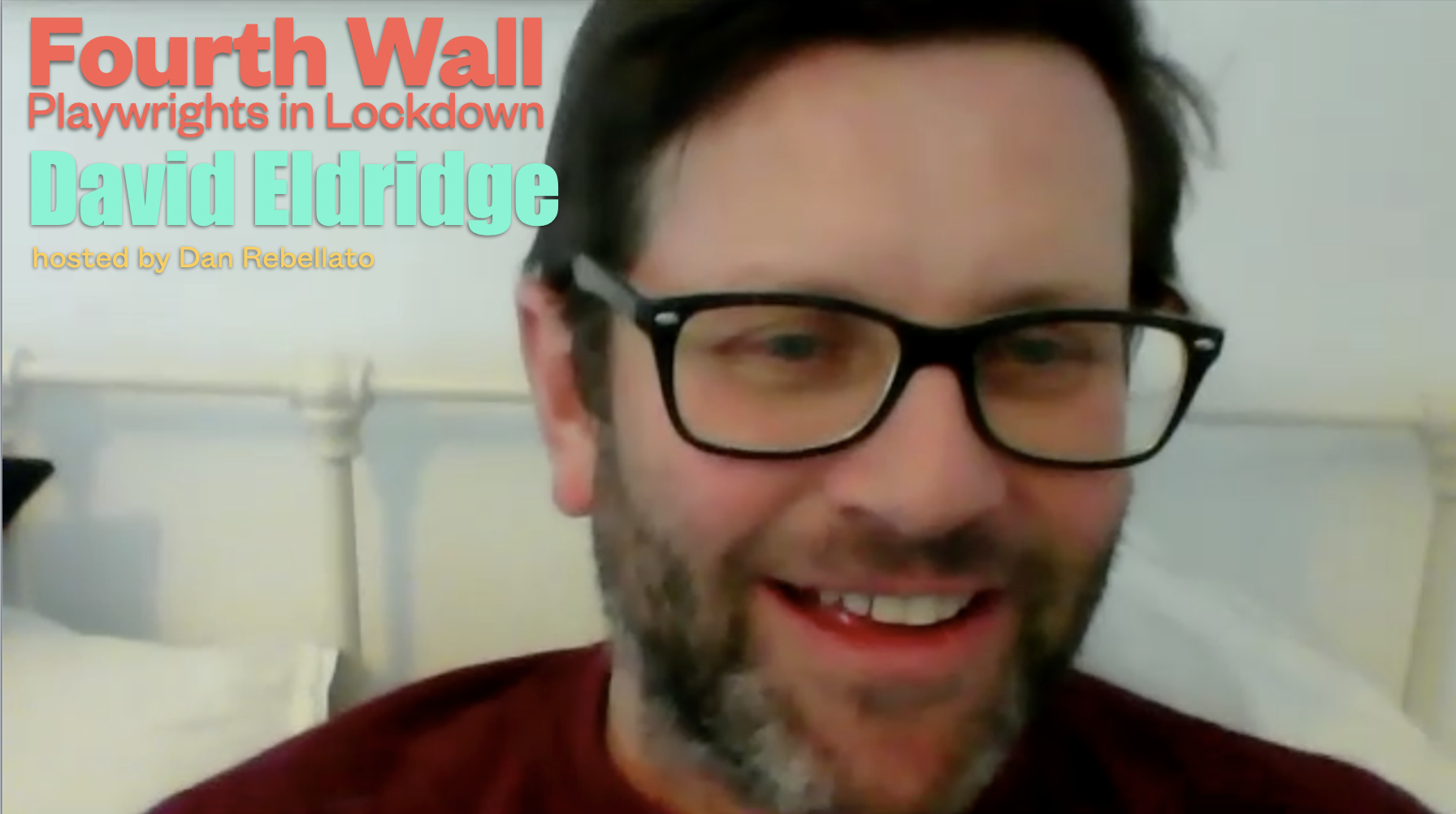
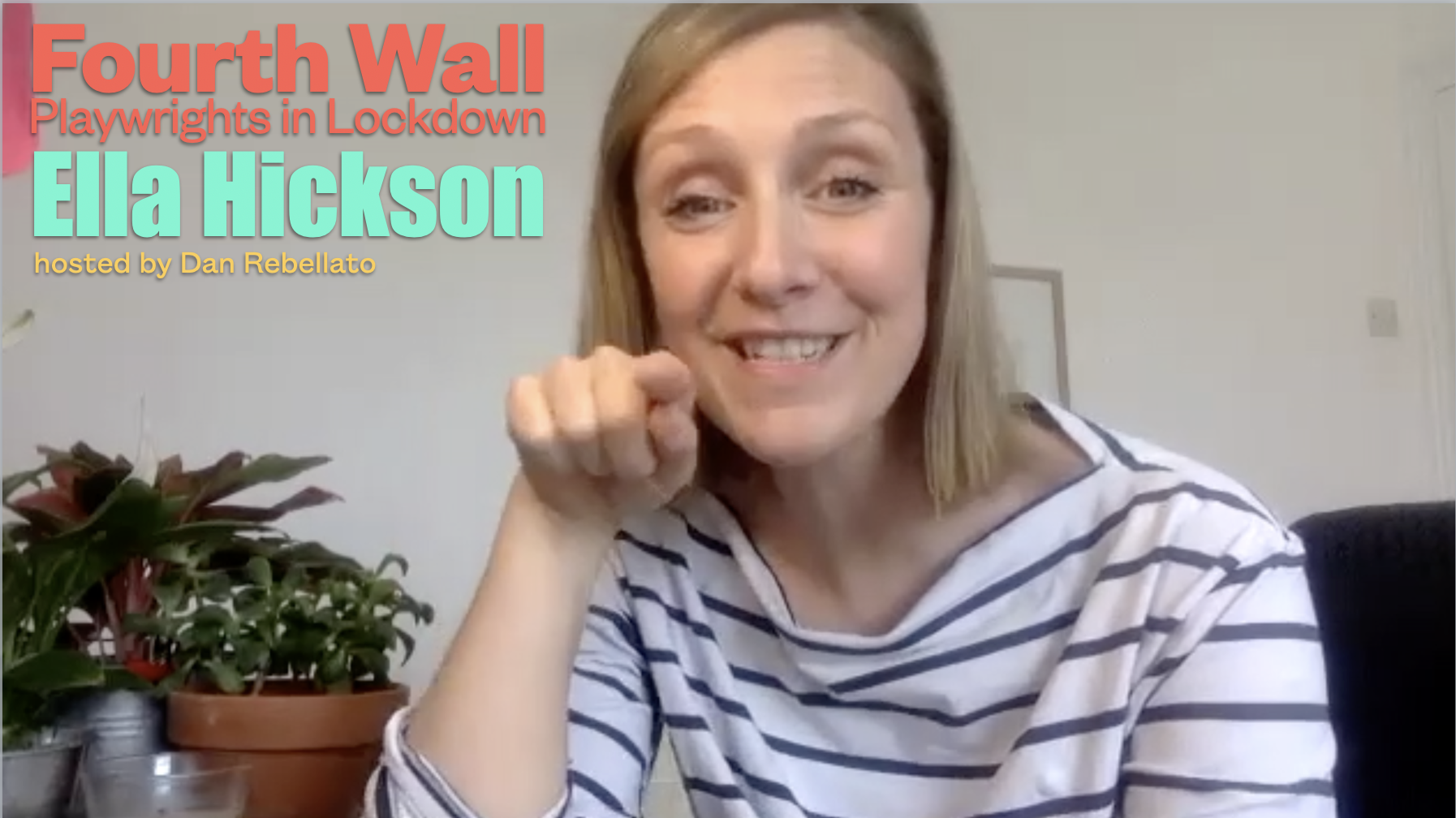
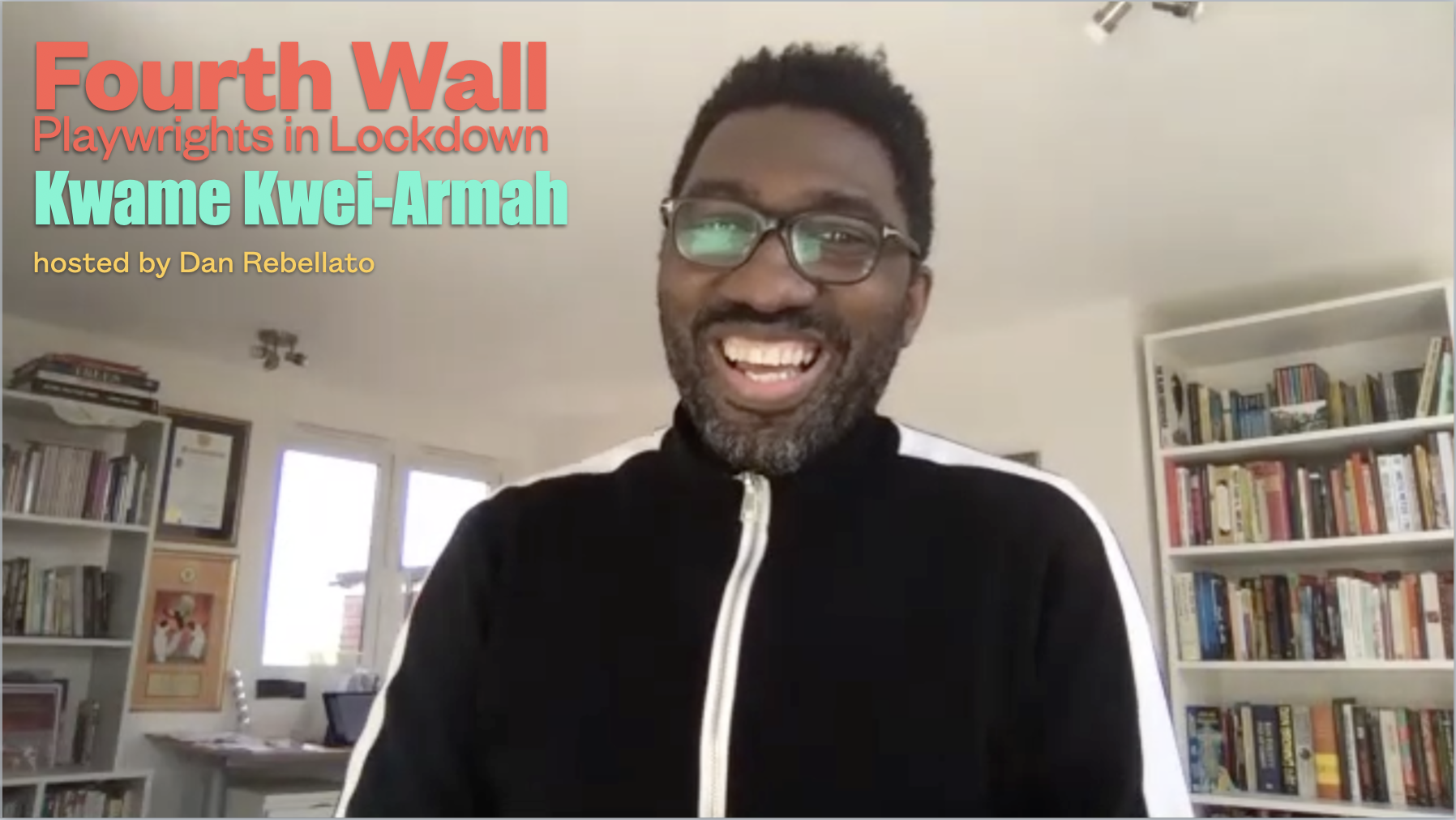
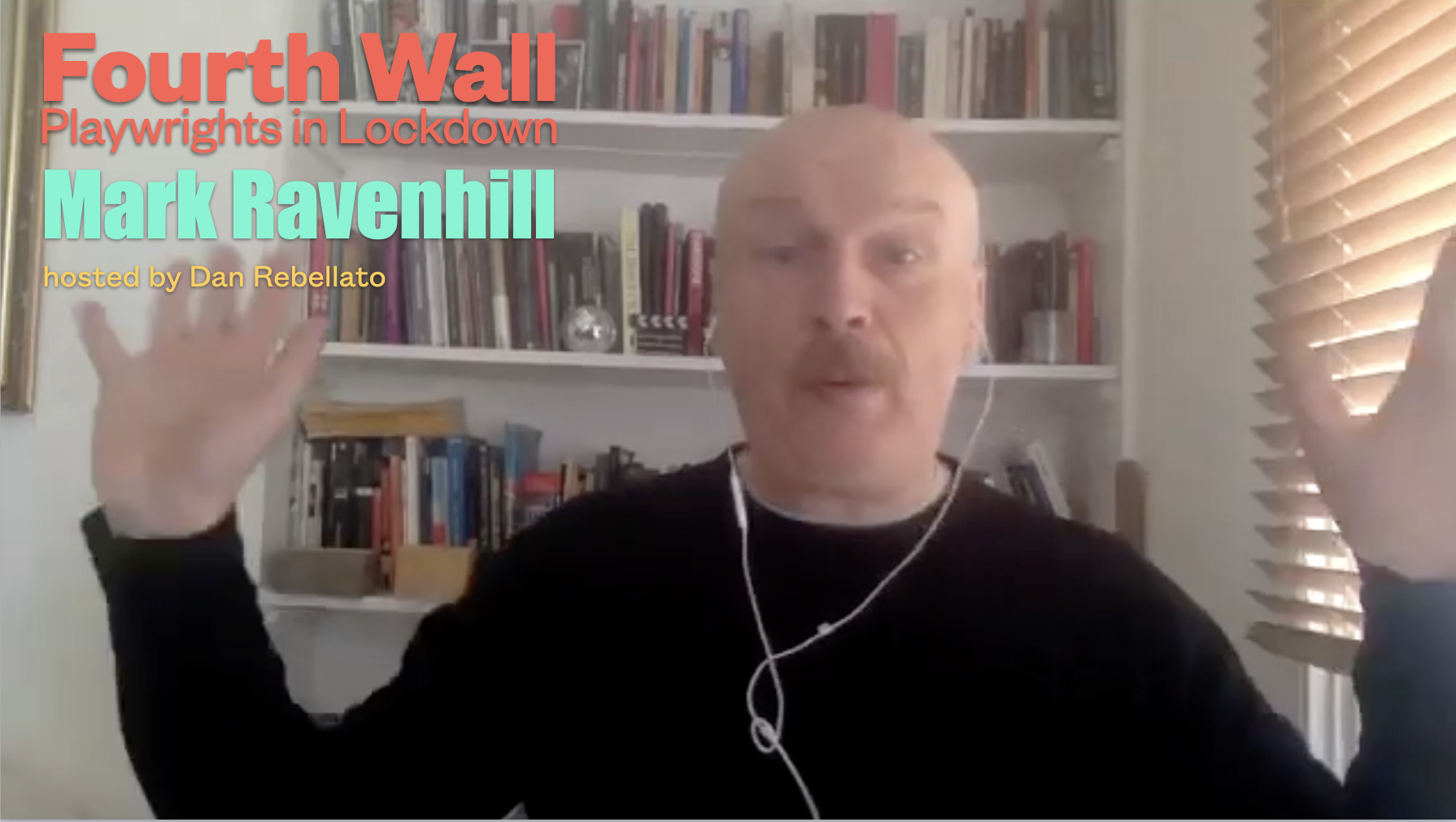
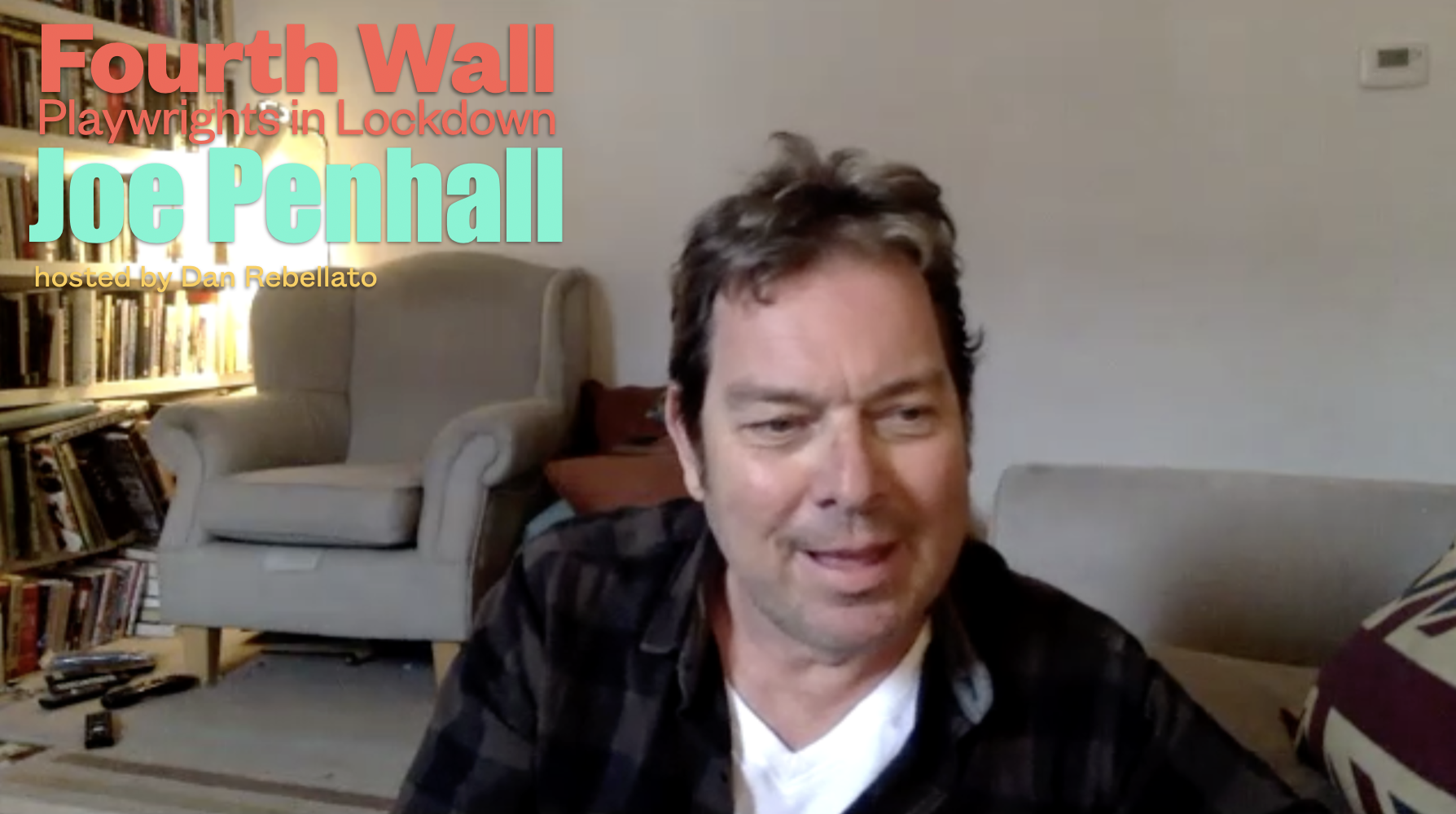
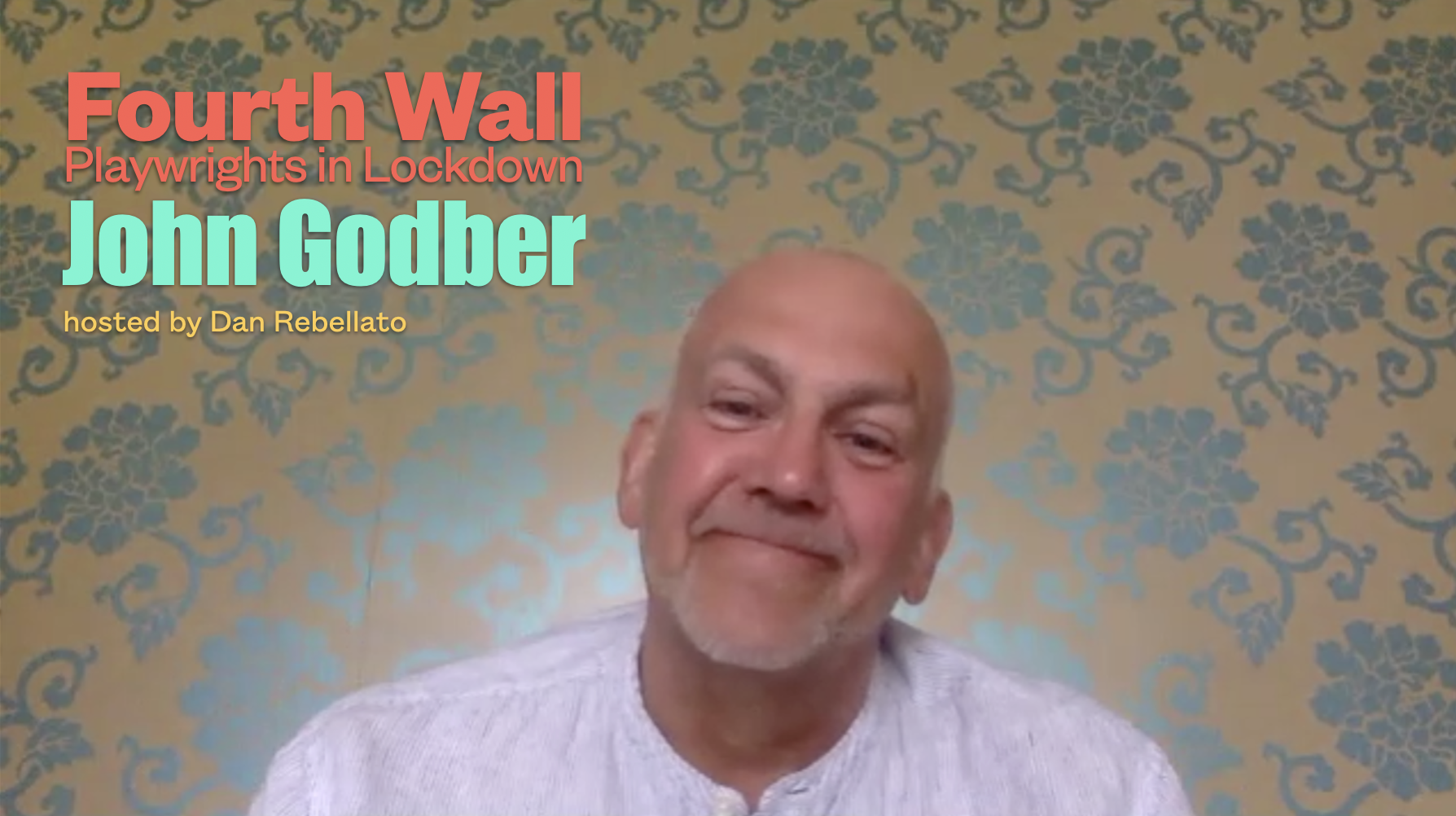
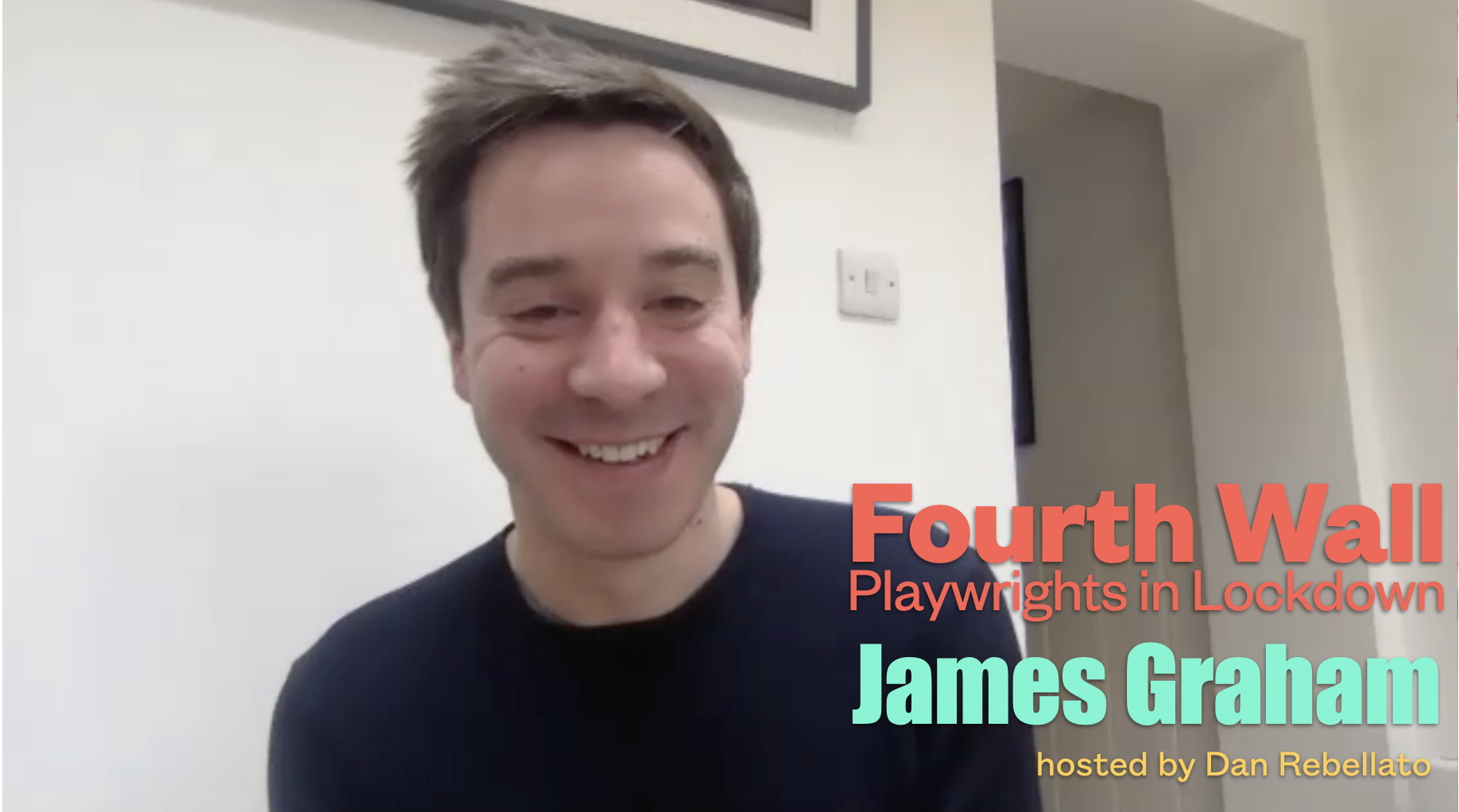
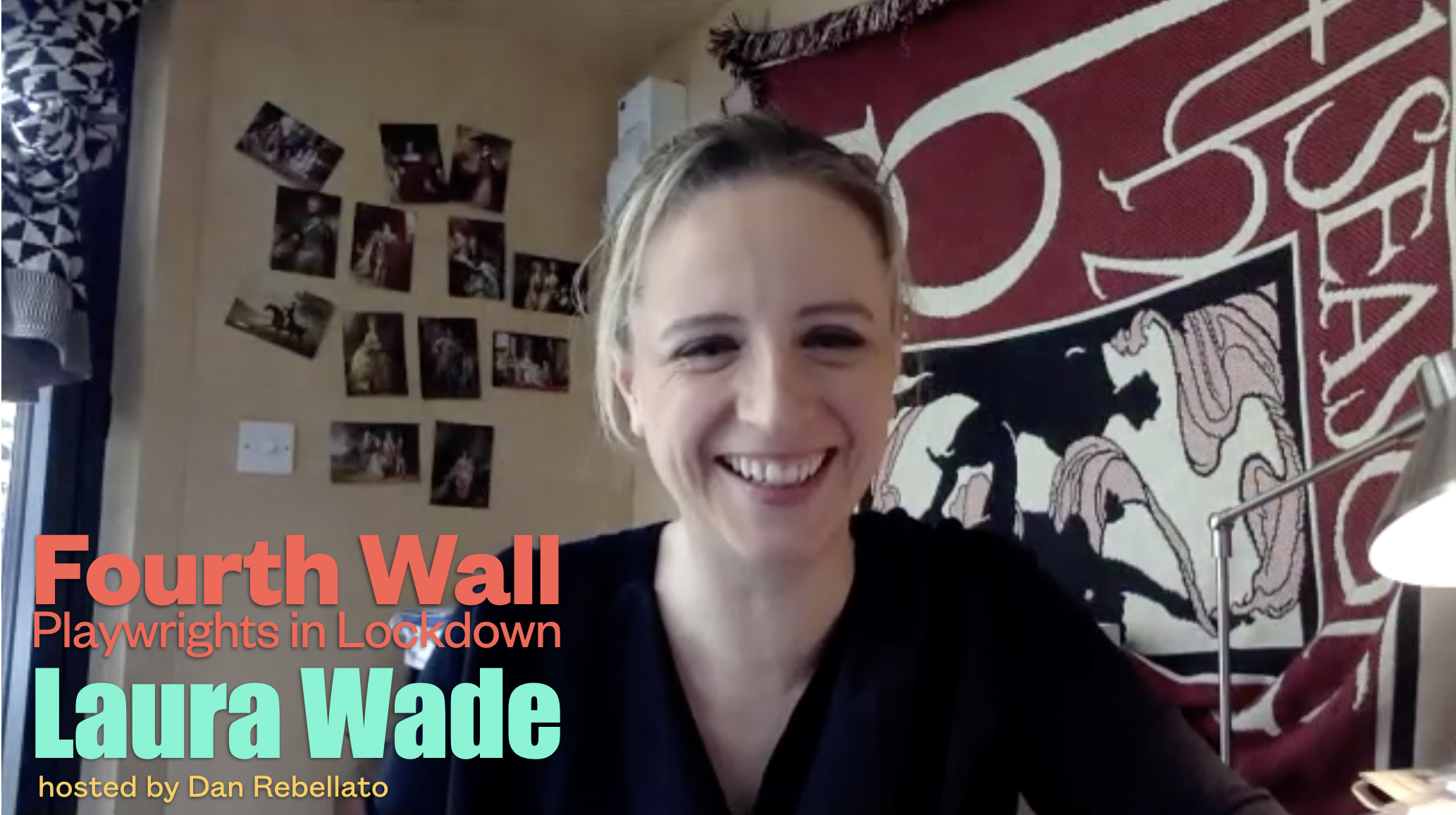
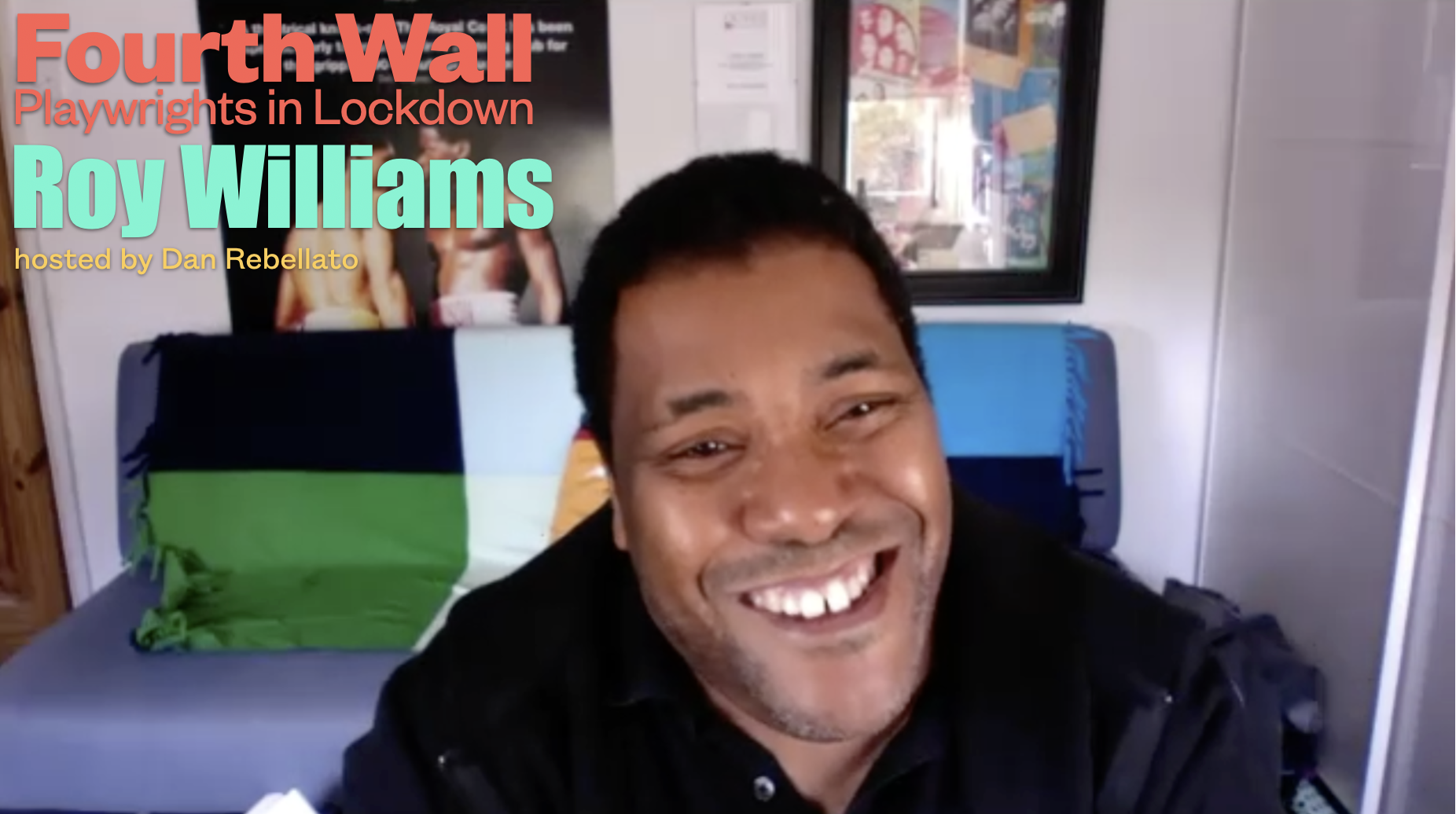
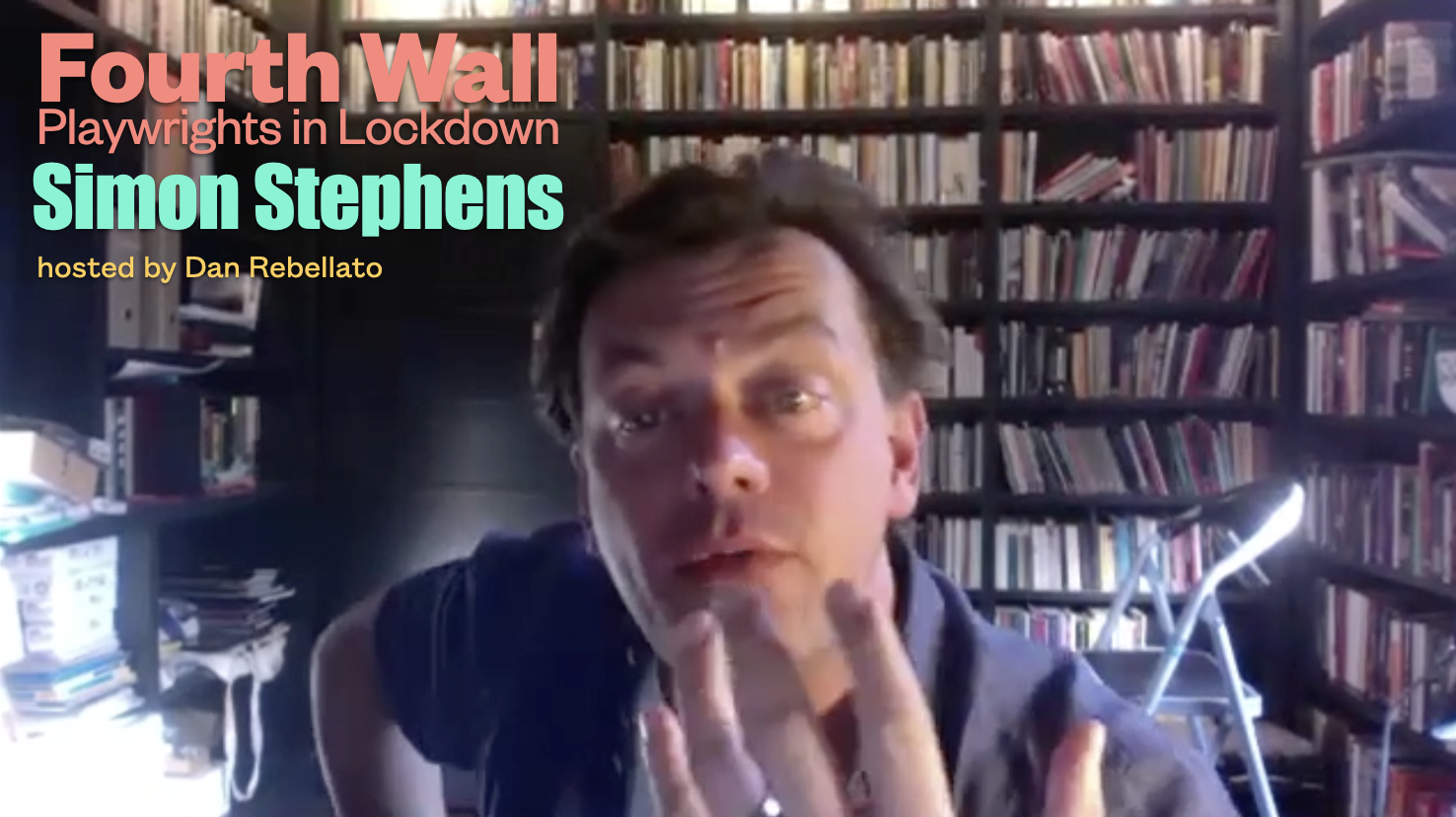
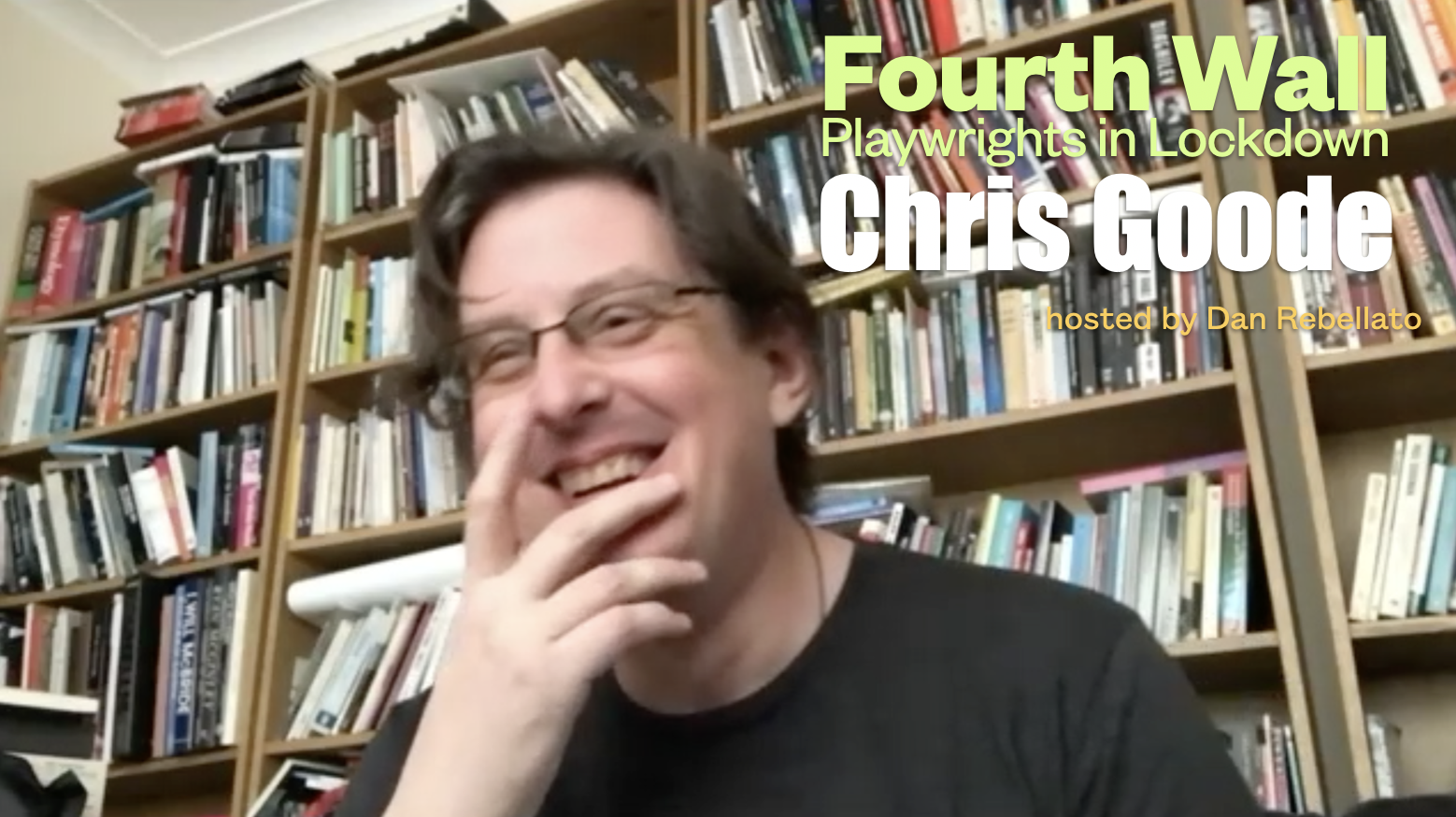
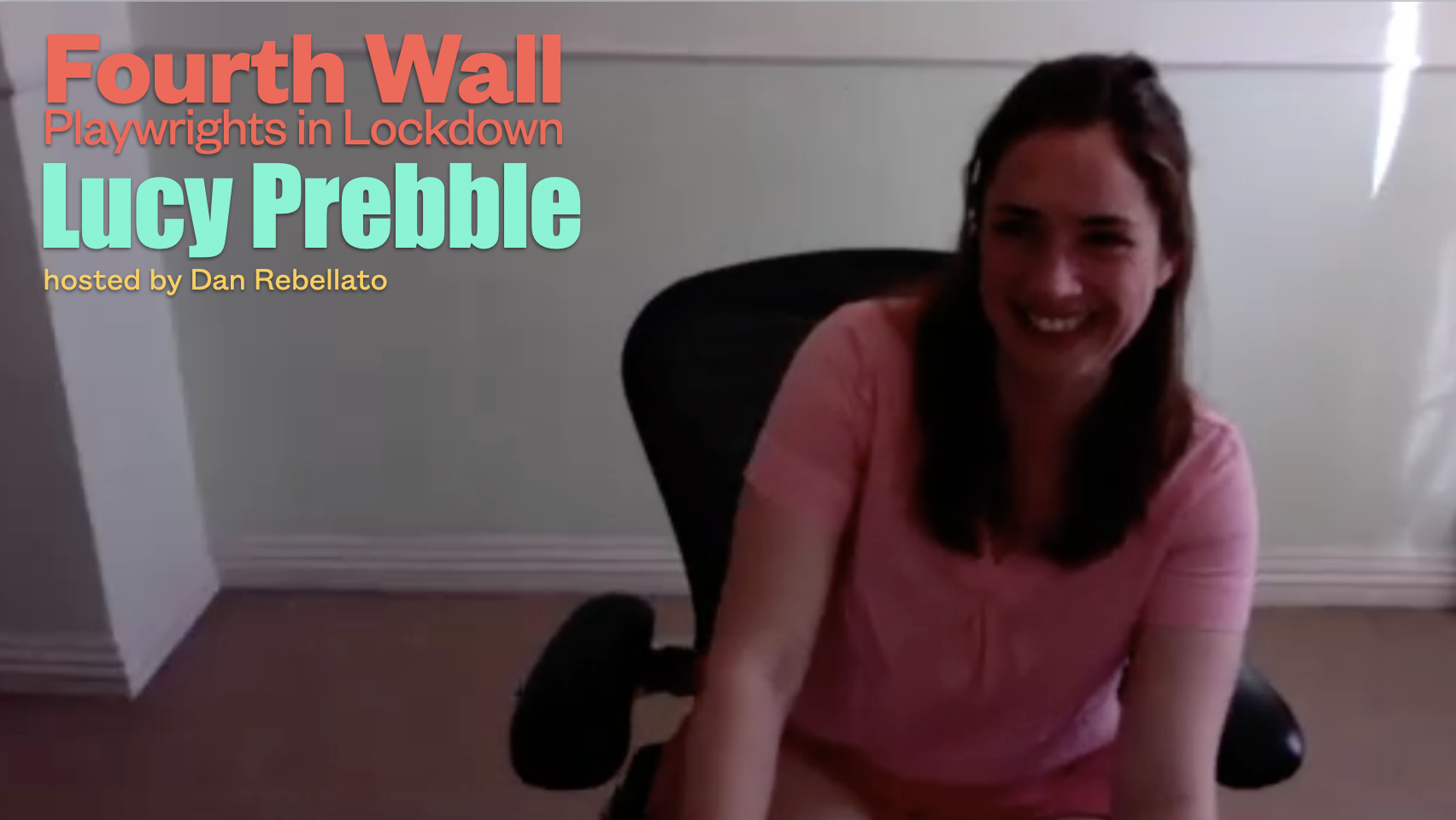


![photo[1].jpg](https://images.squarespace-cdn.com/content/v1/513c543ce4b0abff73bc0a82/1362919072201-PZO854G4SEB794DVOEI8/photo%5B1%5D.jpg)
